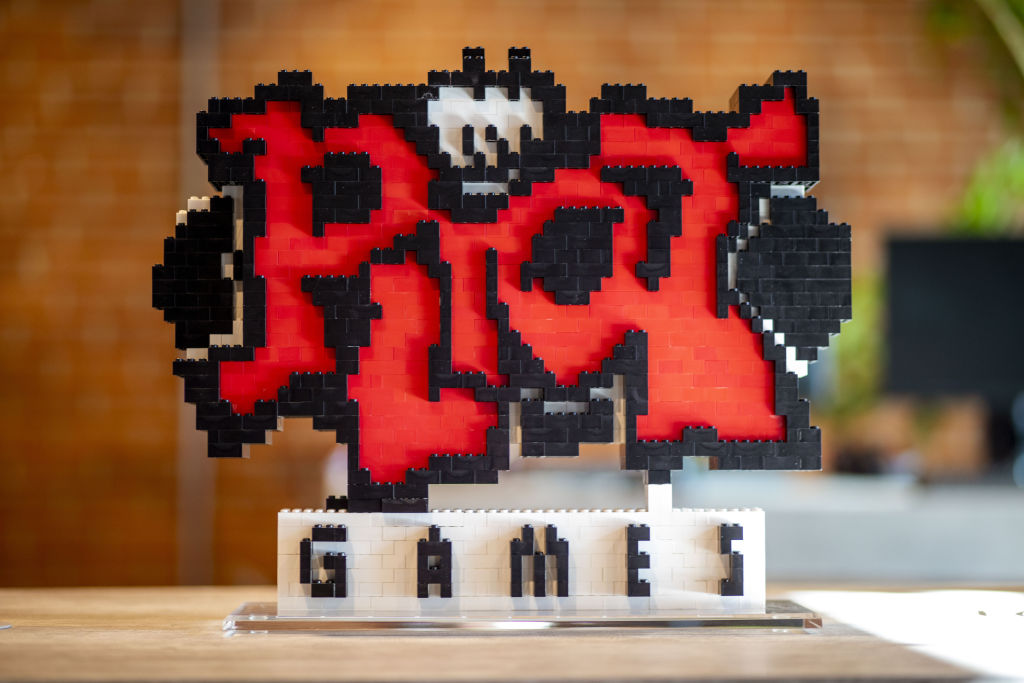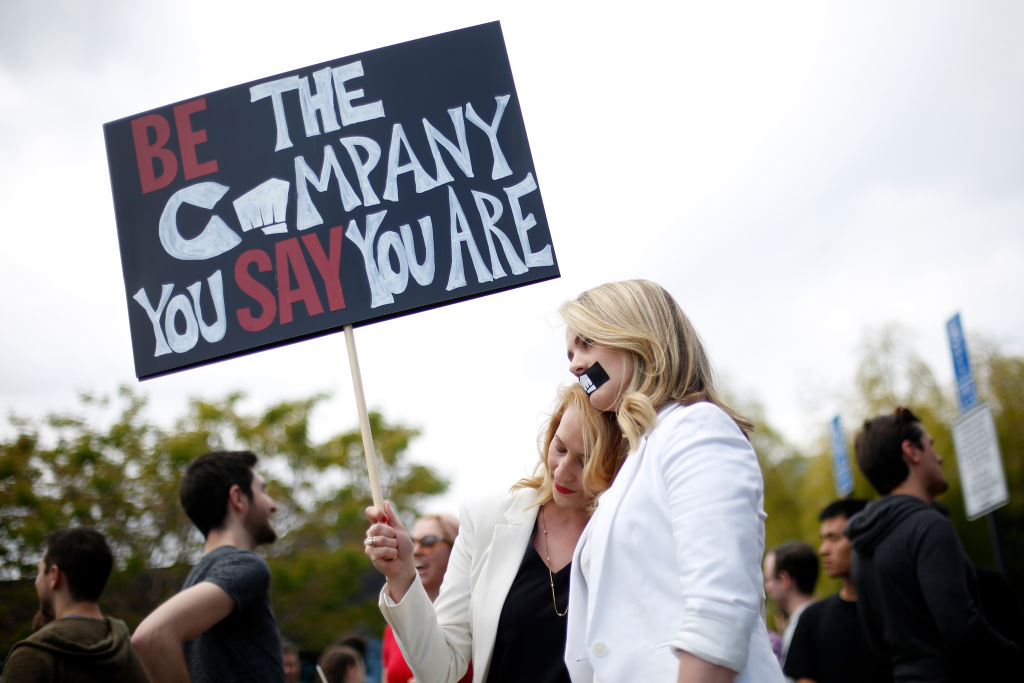The same government agency that's suing Activision Blizzard has an ongoing lawsuit with Riot Games
The suit, filed in 2018, alleges pay discrimination, sexual harassment, and retaliation by Riot.

Note: We've updated the headline of this story to make more clear that the lawsuit Riot is subject to, though ongoing, dates back to 2018. The previous headline read: "It turns out Riot Games is also being sued by the same agency as Activision Blizzard."
Riot Games is being sued by the state of California over allegations of gender discrimination, sexual harassment, and retaliation against female employees. On February 3, 2021, the California Department of Fair Employment and Housing and the Division of Labor Standards Enforcement posted a litigation notice regarding Riot Games. The notice states that Riot Games violated the law in "multiple ways": gender discrimination in hiring, pay and promotion decisions; sexual harassment; and retaliation.
The filing was spotted by a Reddit user on Tuesday, in light of the recent DFEH suit against Activision Blizzard.
It also notably states that "Women who signed arbitration agreements or other agreements cannot be excluded from the government’s case. It is unlawful for your employer to retaliate against you for speaking to the government, or otherwise participating or cooperating in a government proceeding."
Legal action for gender discrimination was first taken by Riot employees in 2018. The employee class action suit, separate from the DFEH suit, alleged both systemic sexism in which female employees were not permitted to advance in their careers, and specific instances of harmful behaviour, including the use of demeaning language addressed towards women and male employees sending unsolicited pictures of their genitals to their female colleagues. The original complaint also cites that "[a] former male employee was allowed to remain in a position of leadership despite regularly making sexual comments in the workplace and drugging and raping another Riot Games' employee".

The DFEH specification that arbitration agreements cannot be excluded from a government proceeding is significant, because the suit filed by Riot employees in 2018 was made more complicated by the arbitration agreements in some of the women's employment contracts. This was enforced by a judge at Riot's request in January this year, despite the possibility that earlier willingness to settle would have negated that. Arbitration agreements in employment contracts require employees to waive their rights to litigation in favour of arbitration: a process where disputes are settled privately, without the judgement of a court.
The employee class action suit has been represented by Genie Harrison Law Firm since a change in representation last year. Harrison confirms that the suit against Riot Games is still ongoing, despite the ruling regarding arbitration: "The cases against Riot proceed. We continue litigating the class action against Riot, the PAGA claims against Riot, and now additional separate individual arbitrations on behalf of women who signed forced arbitration agreements." Multiple cogs are in motion, including more arbitration cases against Riot being prepared. "The class action/PAGA case remains in Los Angeles County Superior Court and in discovery, meaning depositions are being taken and documents exchanged. A number of separate arbitration cases have already been filed and those are proceeding in discovery. We will soon file additional arbitration cases."
Keep up to date with the most important stories and the best deals, as picked by the PC Gamer team.
While the employee case continues, videogame and IP lawyer Kellen Voyer doesn't believe it will be necessary for the DFEH case to go to court. "Typically the parties will settle out once the defendant has a better idea of the evidence being brought by the state and the strength of its case. The current negative press each case is generating is another reason why the companies will not want to go through a long, public trial given the ongoing damage to their brands and additional impact this could have on their hiring of new talent."
Either way, Riot is now looking at multiple instances of legal action, both privately and at a state level. A representative for Riot said that the studio at this time "does not have much to say about the state of things with the DFEH." The representative added: "The truth is that we see it as a legal matter dealing with the past and our team outside of legal is much more focused on the future."
We've reached out to the DFEH for comment, and will update if we hear back.

